New Chair in Consciousness Studies Established at University of Arizona with $2 Million Gift
The University of Arizona is set to advance its consciousness studies program significantly, thanks to a $2 million donation from Eugene Jhong, a former Google software developer. This generous contribution will create the Thomas G. Bever and Stuart R. Hameroff Chair in Consciousness Studies within the College of Social and Behavioral Sciences.
“I’m honored to support this initiative recognizing Tom Bever for his foundational role in establishing the consciousness studies minor and Stuart Hameroff for his pioneering work on the theory of consciousness, called Orch OR, at the University of Arizona,” expressed Jhong.
Lori Poloni-Staudinger, dean of the College of Social and Behavioral Sciences, expressed her gratitude, stating that Jhong’s vision and philanthropy will enhance student opportunities in this innovative and interdisciplinary field.
The newly endowed chair will oversee the consciousness studies undergraduate minor, which aims to explore consciousness through a diverse range of disciplines such as linguistics, philosophy, computational sciences, biology, and more.
Thomas G. Bever, a Regents Professor in the Department of Linguistics, will be the first to hold this position. Bever, who has a rich academic background with affiliations in several departments, including psychology and neuroscience, is also the director of the undergraduate consciousness studies minor and the Language and Cognition Lab.
The chair is named in recognition of Stuart R. Hameroff, professor emeritus and co-founder of the Center for Consciousness Studies, known for his work on the Orch OR theory alongside Roger Penrose.
Jhong’s interest in consciousness studies grew after meeting Hameroff at a University of Arizona conference, where Hameroff was presenting his research. This interaction sparked Jhong’s continued support for the field.
Bever’s research primarily investigates how humans organize language as a conscious experience. He applies biolinguistics to understand language development and processing, having co-founded the journal Cognition.
Bever, who holds a doctorate from MIT, has been honored with numerous awards, including the Alexander von Humboldt Foundation’s Senior Research Prize. He aims to further develop the consciousness minor program, enhancing undergraduate experiences by integrating interdisciplinary studies.
Innovative Model for Consciousness Studies
The consciousness studies minor, established in 2023 with previous support from Jhong, currently enrolls 26 students. It has already seen several graduates, with more expected soon.
Bever envisions positioning the University of Arizona as a leader in consciousness studies, aiming to inspire other institutions to develop similar programs. He hopes to create an interuniversity community to foster this growing field.
Sophomore Srishti Rajeev, active in the consciousness studies domain, founded the Consciousness Studies Club to cultivate discussions on topics like free will and emerging theories. The club also aims to impact the broader community positively.
During the 2024 Science of Consciousness Conference, students presented research on diverse topics, including integrated information theory and religious perspectives on consciousness.
“Consciousness studies is so relevant to a myriad of domains, from politics, such as the abortion debate, to disease, to AI, and more,” stated Rajeev, highlighting the field’s interdisciplinary nature.
This new chair benefits from the U of A Eminent Scholars Program, which matches philanthropic donations with state funding, including a $100,000 award for supporting graduate students associated with the chair.
John-Paul Roczniak, president and CEO of the University of Arizona Foundation, expressed appreciation for Jhong’s continued support, emphasizing the opportunity for students to delve into this interdisciplinary field.
The $2 million commitment contributes to the Fuel Wonder campaign, the university’s $3 billion fundraising initiative. This campaign enhances student support systems and advances research across various disciplines, including cancer, engineering, and space sciences.
Read More Here


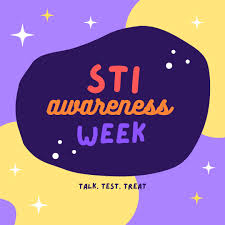

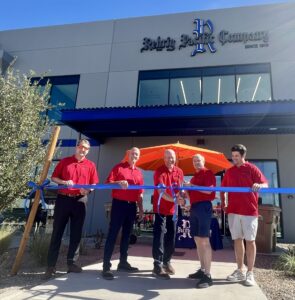

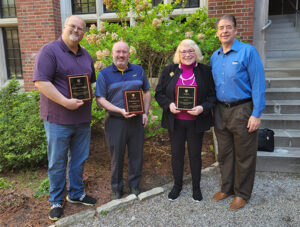

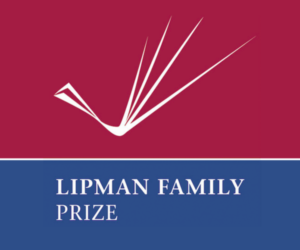
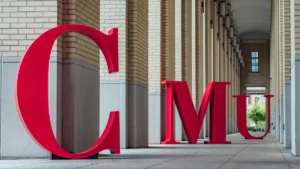




Be First to Comment